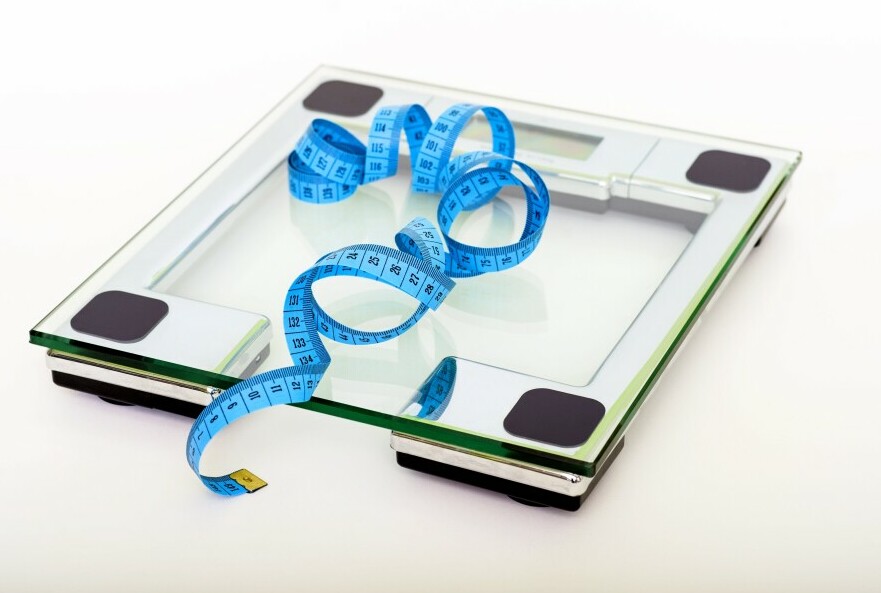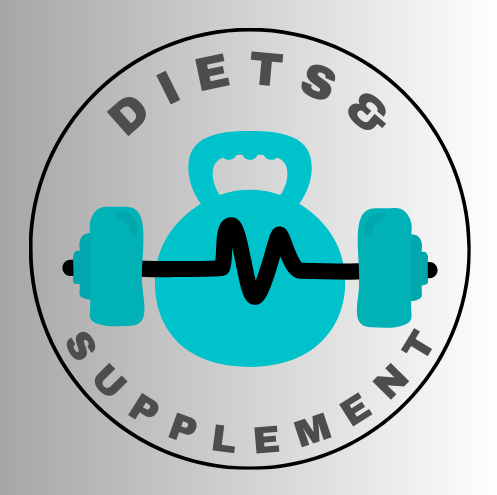If you’re like me, you’ve probably sought out that ideal blend of food and lifestyle choices that aligns with your weight loss goals. It’s crucial to underscore right from the start: there isn’t a magical quick fix. Achieving and maintaining a healthy weight is about discovering an equilibrium between what and how much you eat and how you burn those calories.
The link between the foods you consume and your body weight is intricate and subject to individual variation. While some people seem to thrive on one type of diet, others may find that approach ineffective or even detrimental to their health. The key is understanding that weight management is a personalized journey.
=====>Try the 21 day smoothie challenge<=====
As we move forward, I’ll encourage you to set objectives that are more than just numbers on a scale. They should be about enhancing your overall well-being, cultivating healthy eating habits, and building an active lifestyle that’s maintainable for you and you alone.
Next, we’ll start unraveling some of the complexities surrounding diet culture by addressing common myths and misconceptions that might be hindering your progress. The spotlight will be on science-backed information to guide you in making informed choices about what you eat and why you eat it.
Demystifying Diet Culture: The Facts About Food and Weight
Misinformation about dieting is rampant. From misconceptions surrounding ‘miracle’ foods to the vilification of entire macronutrient groups, I’ll guide you through the noise to what really matters. First, let’s bust some myths. For instance, the idea that drastic calorie restriction is effective for long-term weight loss neglects the body’s need for energy just to function daily.
Beyond the myths, it’s important to approach fad diets with a keen eye. They often promise quick results, but at what cost? I’ll help you understand why these diets may not be viable long-term solutions and how they can potentially lead to nutritional deficiencies, metabolism slowdown, and emotional fatigue.
Now, when it comes to the roles of carbs, fats, and proteins, clarity is essential. Carbohydrates aren’t inherently bad; in fact, they’re our body’s preferred energy source. Fats are essential for hormone production and nutrient absorption. Proteins are the building blocks of muscle. So, the key isn’t elimination, but rather moderation and balance.
Every step you take towards deciphering the true nature of a balanced diet brings you closer to achieving and maintaining your weight loss goals. Remember, knowledge is power — power that you’ll need for the next crucial steps in constructing your nutritional map.
Nutritional Necessities: Building Blocks of a Healthy Diet
To say nutrition is a cornerstone of weight loss is to state the obvious; yet the nuances of what this really means are often lost in the noise of diet trends. It’s crucial to understand that weight loss is backed by science, and at its core, the body needs a certain balance of nutrients to function optimally.
Macronutrients – carbohydrates, proteins, and fats – are the heavy lifters of our diet. Each plays a unique role. Carbs give us fuel, proteins repair and rebuild, and fats provide long-term energy storage. These are not just elements of nutrition; they’re the raw materials our body uses to thrive. In the realm of weight loss, the question isn’t about excluding a particular group, but about finding the right proportions that best serve our individual health goals.
Micronutrients, while needed in smaller quantities, are essential for the proper functioning of every system in our bodies. They enable the chemical reactions that convert food into energy and repair cellular damage. A plate missing a spectrum of colors from fruits and vegetables is likely also missing out on essential vitamins and minerals.
Portion control is the secret to enjoying a vast array of foods without overstepping calorific boundaries. It’s a practical tool that brings balance to the table, allowing us to savor what we eat while respecting our body’s energy requirements. By understanding portion sizes, we can effectively manage our intake without feeling deprived.
As we grasp these nutrition fundamentals, it becomes evident that what we eat must align with how we move. The synergy between a balanced diet and an active lifestyle is what catalyzes real, sustainable weight loss. This seamless transition into an active lifestyle isn’t about rigorous gym schedules; it’s about incorporating movement into daily life in a way that supports our dietary choices.
Lifestyle Synergy: Combining Nutrition and Exercise
Finding the right balance when it comes to weight loss isn’t just about what’s on your plate; it’s also about how you move your body. Exercise plays a pivotal role in complimenting your nutritional efforts, helping you to not only lose weight but also to improve your overall well-being.
Customizing your physical activity is key. Not everyone enjoys the same type of workout, and that’s okay. The best exercise plan is one you can stick with consistently. It might be a brisk walk, a dance class, or weight training. What matters is that it suits your lifestyle, interests, and fitness level.
Balancing calorie intake with energy expenditure is crucial. As you become more active, your body’s energy needs may change. It’s important to adjust your diet accordingly, ensuring you have enough fuel for your workouts while still maintaining a calorie deficit for weight loss.
The benefits of combining exercise with proper nutrition extend beyond the physical. Regular physical activity can boost your mood, reduce stress, and increase your cognitive function, creating a positive feedback loop that supports your dietary choices.
A sustainable approach to weight loss involves being mindful of both diet and exercise. By finding the activities you enjoy and pairing them with nutritious foods, you lay the groundwork for not just a slimmer physique, but a more energized and fulfilled life.
Maintaining Momentum: Strategies for Long-Term Success
I understand that reaching your weight loss goal can bring a profound sense of accomplishment. But remember, the real victory lies in maintaining these results over the long term. This brings me to some critical strategies to help ensure you don’t just reach your goals, but you also sustain them.
First, focus on creating and sticking to sustainable habits. It can be tempting to celebrate by loosening the reins on your eating and exercise regimen, but that may lead to backsliding. Instead, develop routines you can live with indefinitely, such as a weekly meal prep day or regular workout dates with a friend.
Encountering obstacles is inevitable, whether they’re in the form of stress, time constraints, or unexpected life events. The key is to adapt and find solutions rather than excuses. If you can’t get to the gym, have a set of go-to home workouts. If time is tight, learn some quick, healthy recipes that can be made in a pinch.
Lastly, take time to celebrate your successes along the way. This doesn’t always mean a cheat meal or day; it can be non-food rewards, like a new workout outfit or a massage. Regularly reviewing and assessing your progress can help to adjust your goals and keep you motivated.
In conclusion, weight loss isn’t just a destination; it’s a continuous journey. By establishing lasting habits, embracing flexibility, and recognizing your achievements, you set yourself up for lasting success. Don’t view weight maintenance as the end of the road, but as an ongoing process of staying healthy, feeling good, and being at peace with your body and your lifestyle choices.
